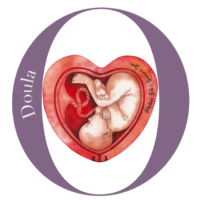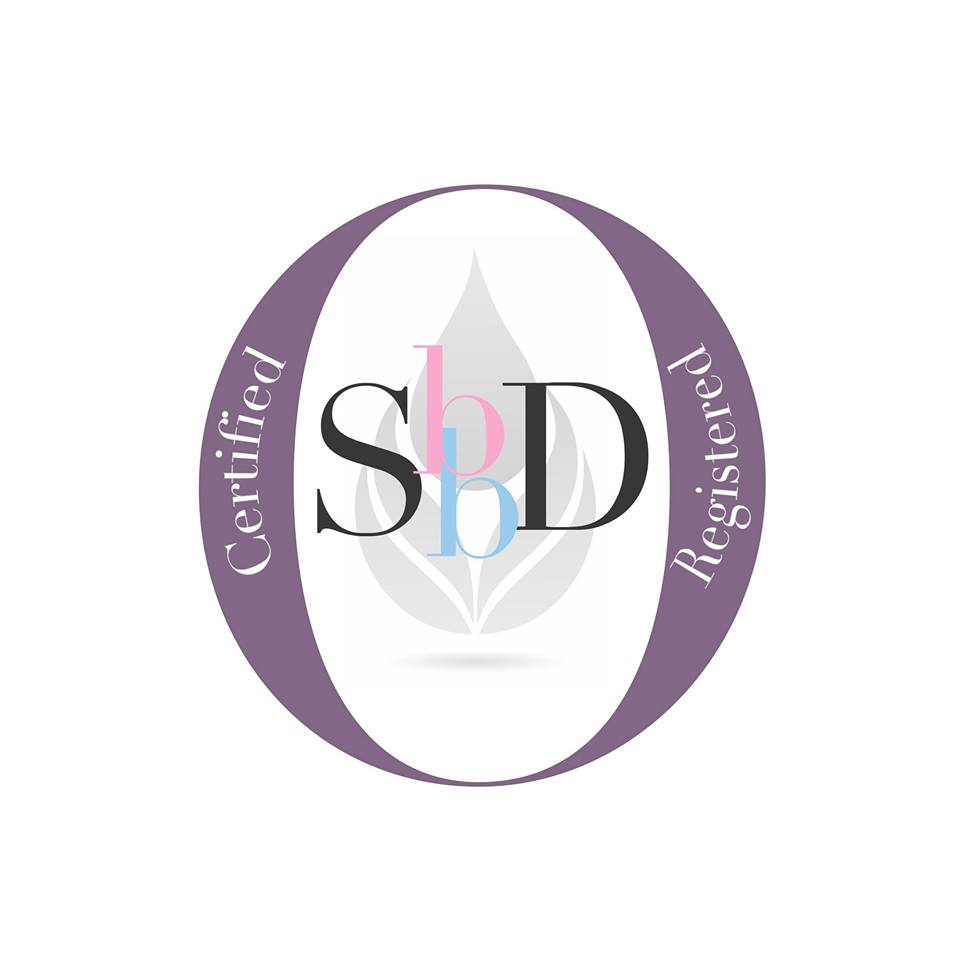Hydrotherapy is gaining increasing recognition as a homeopathic ingredient in birth planning.
Water can be included in labor and birth in a number of ways:
- showering, allowing the water to splash onto your breasts and down your belly, to help stimulate labor
- showering with your spouse to help increase oxytocin, to help stimulate labor
- foot soak to ease tension and swelling
- waterbirth
Waterbirth can take place at home, at a birth center, or in many hospitals. Contrary to its name, waterbirth not only means giving birth to your baby while you are emerged in water, it is also lesser understood to simply mean spending time soaking while in labor, whether or not the actual birth takes place while still emerged in the water.
Related: at home early pregnancy birth and at home stillbirth
Additionally, having a warm bath immediately after the birth can be soothing.
So, can a mother giving birth to her beloved miscarried or stillborn baby still enjoy the benefits of a waterbirth?
The answer? It depends on a number of very individualized and important factors, but YES, waterbirth may indeed still be a valid option.
If you have read through our birth planning materials, have consulted with your care provider, and desire to plan a waterbirth of your miscarried or stillborn baby, here are a few things to consider:
- Including Epsom Salt at the measured amount directed on the carton can be particularly advantageous, for the following reasons:
- Magnesium Sulfate is an FDA category A (good to know for mothers experiencing a threatened miscarriage).
- Magnesium Sulfate can help reduce the risk of postpartum hemorrhage, a very serious danger which can be heightened for mothers giving birth via natural miscarriage.
- Because hemorrhage is such a very serious and potentially life threatening issue for mothers experiencing pregnancy & infant loss, it is wise for you to consider that most generally during any water birth, blood released into the water can give an alarming appearance. Additionally, when you first stand up from your bath, you should do so carefully. Mothers giving birth in any trimester should never do so alone. Water and blood that has pooled in your vagina can also give an alarming appearance when you emerge from the water. Please be sure to read our information about hemorrhage because it is such a critical aspect of your experience.
- Magnesium Sulfate has been used intravenously to stall preterm labor, but its actual ability to stall labor is inconclusive. In miscarriage labor, it is already possible for labor to start and stop over a timeframe up to weeks. Knowing this is helpful in your decision making.
- Magnesium Sulfate can help fight infection because of its vasodilatation.
- Soaking for 10 minutes at a time, in warm, fresh clean water, is recommended versus prolonged time submerged in water, when using Epsom Salt or not. This also helps to prevent reabsorption of your toxins flushed during the soak, and can allow for some of the resensation to integrate into your labor.
- When you have high levels of stress, your body can deplete its source of Magnesium Sulfate, resulting in higher amounts of adrenaline production. These higher amounts of adrenaline can add to the already emotionally overwhelming experience of pregnancy and infant loss, and can even pose additional health risks. Soaking in a warm bath with Magnesium Sulfate can counter these dangers.
- The saline water of your soak may aid in preserving the very delicate physical form of your miscarried baby. Using a small fish net to remove fragments of your baby’s placenta from your bath may be helpful. Please see our at home birth planning for more information.
- You might also add essential oils to your bath.
- As with all birthing options, it is best to consider the ideas you might present to your trusted healthcare provider, and use this page simply as reference for conversation to gain their counsel, advanced knowledge of any contraindications and final recommendation.












